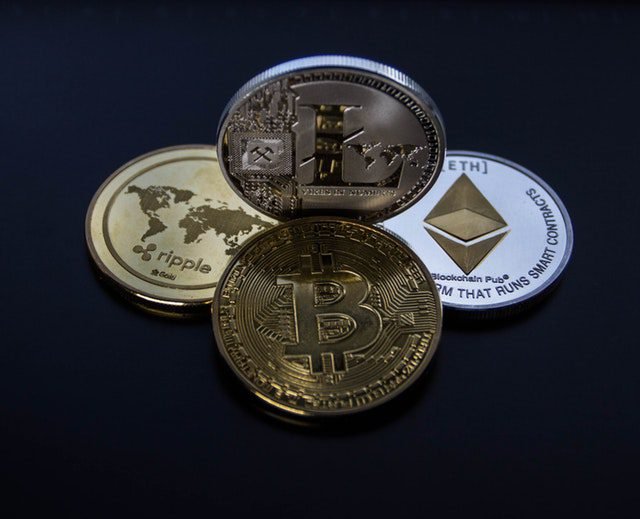Popularized early in early March by Twitter founder Jack Dorsey, Non-Fungible Tokens, or NFTs have been taking the internet by storm. The biggest problem with NFTs in the way content is purchased. The rules of NFT trade state that creators of auctioned content can make royalties from trades, but NFTs can legally be bought and sold without artist consent or knowledge. NFT traders are not only stealing art but also fleecing artists out of supplemental pay. This isn’t going to be the case for all artists, obviously. Some artists sell NFTs of their own content, for example. But this has happened enough that artist protections need to be implemented.
NFT value, much like stock trading, is based on user attention and attribution. Unlike stock trading, however, NFTs account for a very wide variety of information. Any files existing publicly on the internet can and seemingly will be turned into NFTs. Meaning, when everything is valuable, nothing will be. NFTs are bought and sold on websites like Rarible, whose site name implies a collection-based mindset behind trades. For traders, this is like collecting old pennies or special decks of cards. Bidders use a currency called WETH which is “needed for decentralized platforms”. WETH and its value are very numerically confusing concepts to grasp, and luckily you’ll never need to, as a non-crypto trader. Oh yeah, and it’s terrible for the planet.
Every cryptocurrency runs off a server farm that generates more currency whenever you buy. The computational power of hundreds, or even thousands of these transactions everyday produces quite the carbon footprint. The process of “minting” one NFT produces 340 kilowatts per hour, more power than most individuals use in six months, let alone one day. The process commonly uses dirty energy like coal and natural gas, just to power the computers that run an encryption chain.
Is Anything Safe?
Everything from digital art to in-game assets has been turned into NFTs. With the lingering threat of your digital presence being bought and sold at a profit, many are currently wondering if there are still safe ways to take your offline business online. Thankfully, there are, as cloud solutions to software management. Take, for example, Jfrog, built for businesses and consumer-friendly. It respects both your privacy and your assets. Posting on public forums is how NFT traders find posts to buy. Once your information is discovered, traders tag a bot under your post, and the bot creates a code that encrypts ownership of your post through a blockchain that the trader now owns. From here, they can take bids and then sell to the highest bidder. As of right now, there is no way for artists to fight against this.
Some artists have thrown in the proverbial towel and started selling NFTs themselves. Art exists to be shared, and NFTs exist to profit off of privatization. However, as the adage goes, if you can’t beat ‘em, join ‘em. While this is a surefire way to avoid being surprised, cryptocurrency isn’t very stable. According to its investors, this is a good thing, but for the average person, putting stake in a new currency, on a new market, isn’t a great idea in the long term. By contributing to this new economy, you’ll also be supporting partial art theft by the community and contributing to the environmental havoc caused by minting just one NFT. The 340 kilowatts per hour produced by a single NFT are equivalent to using a laptop for three years.
Establishing The Market
The biggest trades in the NFT world so far have been incidental. Musician Grimes recently sold about $6 million worth of music videos and images. The iconic Nyan Cat was sold for $590,000, and the most popular sellers on OpenSea are original 3d animated gifs. Gauging exactly what’s popular doesn’t yet paint a clear picture. Again, the purpose of NFTs isn’t to buy permissions or even a download of the token; that’s what right clicks are for. All of this is for digitally encrypted certificates of authenticity, ownership without possession. Artists should definitely be weary. Right now it is too soon to tell if the average Twitter or Instagram user needs to brush up on their legalese.
Everything we currently know about the NFT market paints a muddy picture. Things don’t necessarily look great, but they don’t look like they’ll be slowing down, either. Will these transactions clash with copyright law? What will happen to WETH if the market crashes? It seems like, someday soon, we’re going to find out.
Tech content on this site may include contributed articles and partnerships with industry voices. Learn more in our Editorial Policy.





